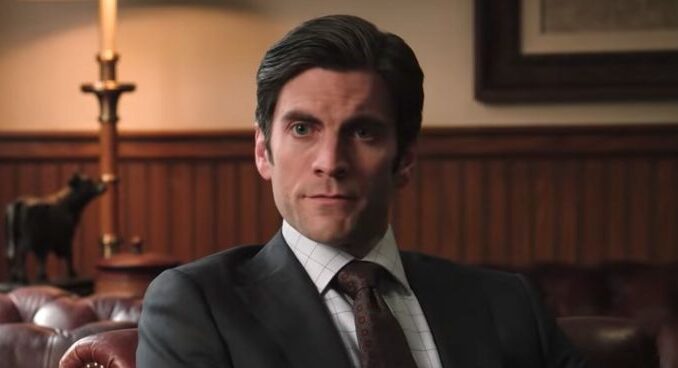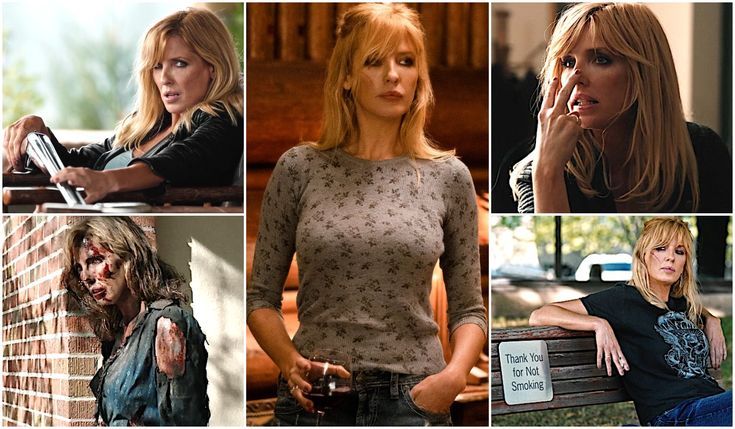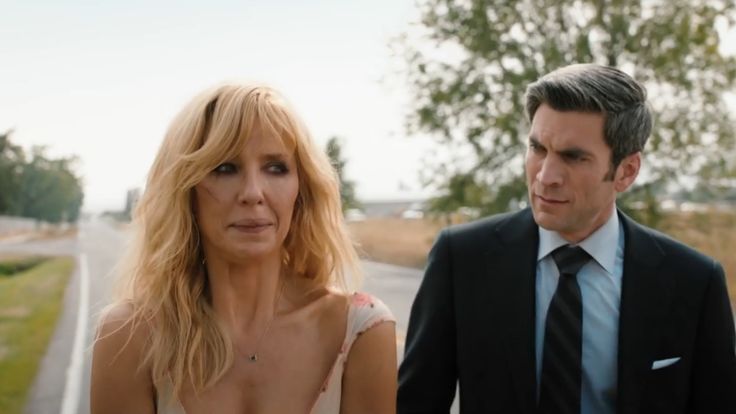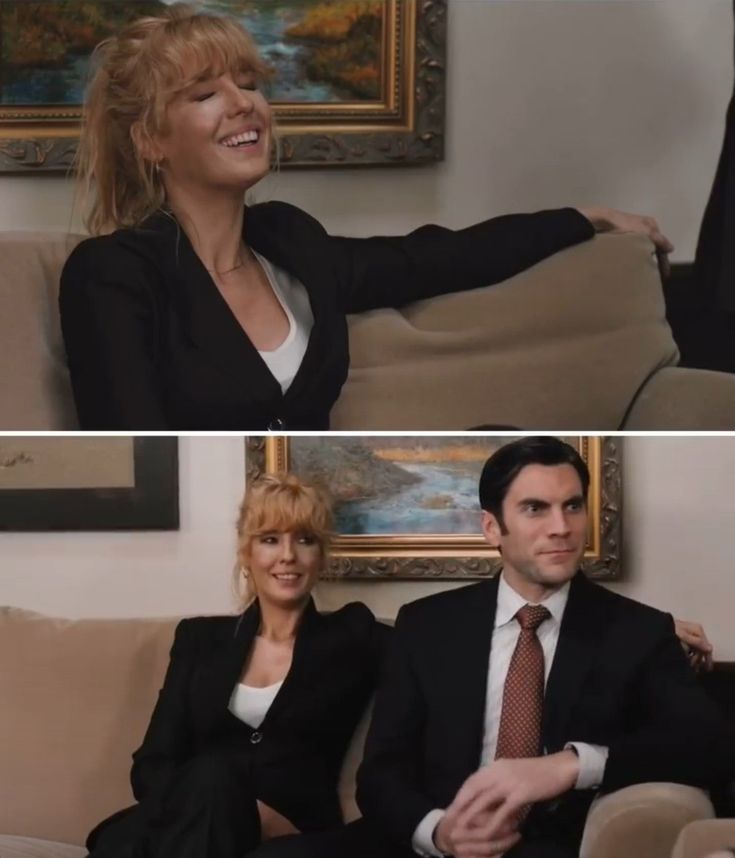
Let’s get one thing clear: Yellowstone is jam-packed with gritty cowboys, high-stakes family drama, and enough plot twists to fill a lasso. But through all of it—through the Dutton feuds, the bunkhouse brawls, and Beth’s iconic one-liners—one character quietly rose above the noise: Walker. And yet, every time he returns, we’re reminded of something that’s becoming hard to ignore: Yellowstone has a frustrating habit of recycling characters without real growth.
Let’s talk about it.

Why Walker Stands Out in a Cast of Rough-Riders
Authenticity in a World Full of Power Plays
While many of the Yellowstone characters play into archetypes—ruthless rancher, loyal enforcer, unhinged heiress—Walker brings something rare: authenticity. He’s not just a guitar-strumming cowboy; he’s a mirror held up to the chaos around him.
A Voice of Reason in a Morally Grey Landscape
Where others dive headfirst into violence and vengeance, Walker often pauses. He questions. He reflects. And in a world that rewards brutality, that kind of introspection is gold.
Walker’s Return — Déjà Vu All Over Again
The Bunkhouse Boomerang
Every time Walker leaves the bunkhouse, it feels like a big deal. But then he’s back… again. And again. Without any real change. That’s where frustration starts to simmer.
A Pattern of Non-Progression
Instead of evolving, Walker feels stuck in a narrative loop. He returns, stirs up some tension, sings a soulful tune, then fades into the background—rinse and repeat.
The Frustrating Trend That’s Hurting Yellowstone
Character Recycling vs. Character Development
Walker’s return isn’t the only case of this. Yellowstone tends to recycle characters instead of truly developing them. That might keep fans nostalgic, but it kills momentum.
The Illusion of Stakes
When characters keep “leaving” and “coming back” without consequence, it undermines the drama. If Walker can ghost the ranch and return with minimal fallout, what’s the point of dramatic exits?
What Makes Walker the Most Relatable Character
He Doesn’t Buy Into the Cult of the Duttons
Most characters orbit the Dutton family like they’re the sun. Walker? Not so much. He respects the ranch but sees through the toxic loyalty that others mistake for honor.
He Has Dreams Outside the Ranch
Unlike Rip or Lloyd, Walker’s identity isn’t chained to Yellowstone. He’s an artist, a thinker, a drifter. That makes him feel more real—more like us.
Walker as the Narrative Compass Yellowstone Ignores

A Lens for the Audience
Walker often voices what we’re thinking. He questions the logic of violence, the blind loyalty, the senseless rules. He’s the audience surrogate, and that’s powerful—when used well.
But the Writers Keep Missing the Mark
Instead of letting Walker grow or clash meaningfully with the Duttons’ values, he’s used as filler. A plot device. And that’s a waste of serious potential.
Yellowstone’s Commitment Problem
A Fear of Letting Characters Go (Or Letting Them Change)
The show seems afraid to commit—to endings, to deaths, to evolution. It’s like a toxic relationship that keeps dragging out the same arguments.
Emotional Payoffs Require Risk
To give characters like Walker depth, the writers have to take risks. Let him truly leave. Or let him change and become someone new. Playing it safe is killing the vibe.
What Fans Actually Want From Walker
Real Arcs, Not Repeats
We don’t need Walker to be a hero. We just need him to change. Let him evolve, let him take a stand, let him mean something more than a background voice with a guitar.
More Screen Time, Less Wandering
Fans resonate with him because he’s genuine. So let’s see more of him being that—more character development, more moral tension, more heart.
The Missed Opportunities in the Walker Storyline
The Rip vs. Walker Conflict Could’ve Been Epic
The tension between Walker and Rip could’ve exploded into a multi-season arc. Instead, it fizzled. That’s a loss of drama that could’ve added layers to both characters.
His Music Deserves to Be More Than Background Noise
Walker’s songs aren’t just filler—they’re storytelling gold. Yellowstone could be using his voice to narrate themes, emotions, even foreshadow events.
How Walker Could Still Save Yellowstone’s Soul
Give Him a Redemption or a Rebellion Arc
Whether he finds peace or raises hell, Walker deserves a defining arc. Something that ties together his music, his conscience, and his cowboy grit.
Let Him Be the Outsider With a Purpose
Keep him on the fringes, sure—but give that outsider status weight. Let him shake things up. Let him challenge the ranch’s darkest choices.
The Bigger Picture: What Walker’s Story Tells Us About Yellowstone

Depth Over Drama
At its best, Yellowstone isn’t just about shootouts and land wars. It’s about legacy, identity, and survival. Walker’s story is a chance to double down on those deeper themes.
Characters Are More Than Plot Devices
Walker reminds us that even side characters can carry emotional weight. But only if the writing lets them.
Conclusion: We Deserve Better for Walker—And So Does He
Let’s be real—Walker is one of the best things to happen to Yellowstone. He’s soulful, sharp, and deeply human in a world that often forgets what that looks like. But every time he comes back, it’s like the show presses rewind instead of play.
If Yellowstone wants to stay great, it needs to commit to character arcs, not just character returns. Walker doesn’t need to ride off into the sunset—but he does need a journey worth watching.
